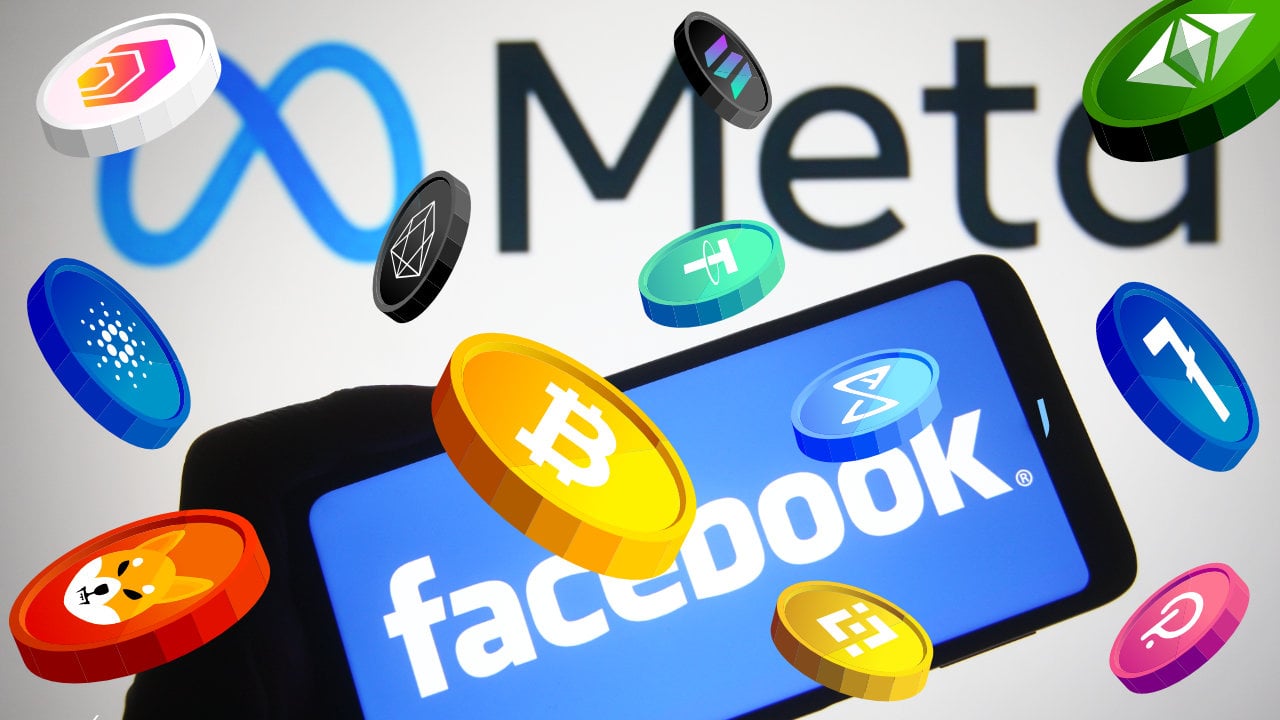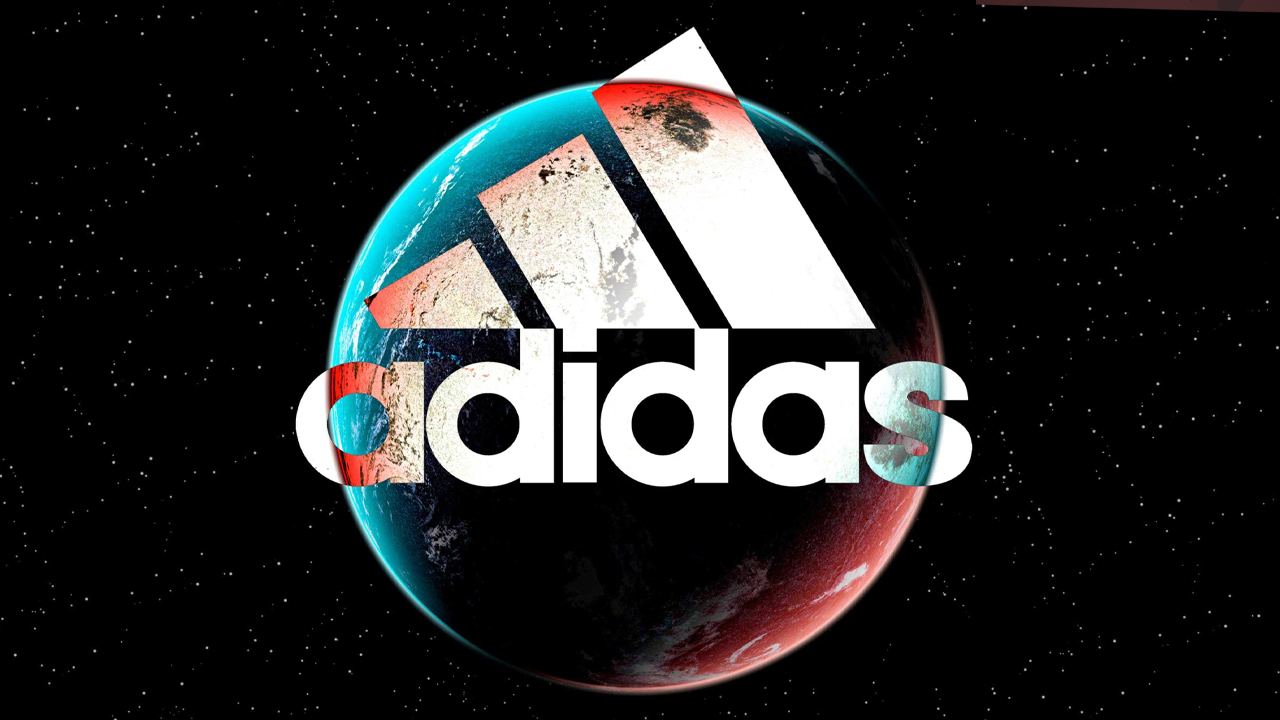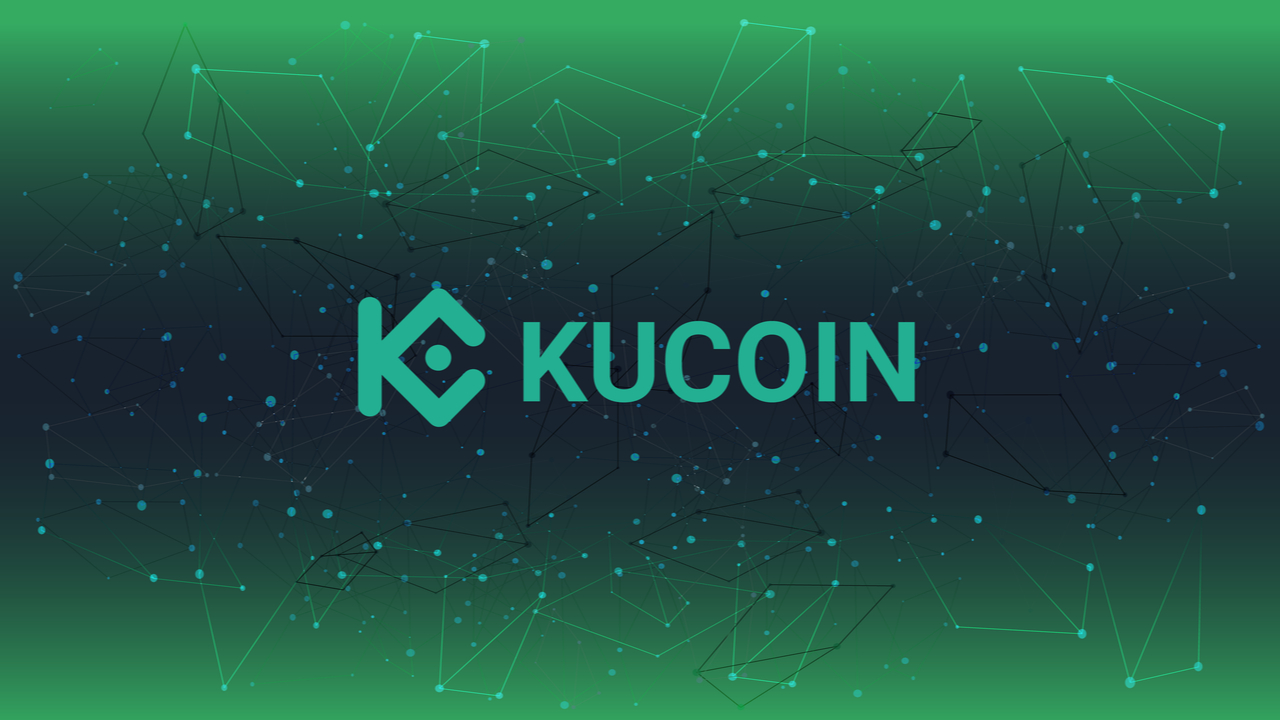 Meta, formerly Facebook, has relaxed its policy for cryptocurrency advertisements, making it easier for companies to run crypto ads on its platform. “We’re doing this because the cryptocurrency landscape has continued to mature and stabilize in recent years and has seen more government regulations that are setting clearer rules for their industry,” the company explained. […]
Meta, formerly Facebook, has relaxed its policy for cryptocurrency advertisements, making it easier for companies to run crypto ads on its platform. “We’re doing this because the cryptocurrency landscape has continued to mature and stabilize in recent years and has seen more government regulations that are setting clearer rules for their industry,” the company explained. […]
The company said it will allow many more crypto and blockchain advertisements on Facebook and Instagram due to expanded eligibility terms.
Social media and metaverse marketplace Meta has expanded eligibility requirements for running cryptocurrency advertisements on Facebook, giving companies more leeway to market digital asset product offerings.
Meta announced Wednesday that, effective immediately, it will recognize 27 regulatory licenses from advertisers, up from just three previously. This means many more applications for running cryptocurrency ads will be accepted. The changes are reflected in section 10 of Facebook’s updated advertising policy titled, “Cryptocurrency Products and Services.”
Before the update, only a narrow segment of crypto companies was able to advertise on Facebook because the platform recognized a small number of regulatory licenses. According to the updated policy, the following crypto products and services can now receive written permission to run ads on Facebook:
In addition, products and services related to blockchain technology, crypto news, education, payment methods and merchandise can be advertised without prior written permission. A Meta spokesperson confirmed to Cointelegraph that the changes also affect Instagram, which is owned by the company.
Meta explained that the updated policy reflects the maturation and increased regulation of the crypto industry, namely:
“[O]ver the years the cryptocurrency landscape has matured and stabilized and experienced an increase in government regulation, which has helped to set clearer responsibilities and expectations for the industry. Going forward, we will be moving away from using a variety of signals to confirm eligibility and instead requiring one of these 27 licenses.”
Related: Meta's head of crypto to step down at end of year
Facebook rebranded to Meta in October to reflect its growing ambitions beyond traditional social media. As Cointelegraph reported, the company wants to build a “metaverse” that connects digital social media with the physical world.
Announcing @Meta — the Facebook company’s new name. Meta is helping to build the metaverse, a place where we’ll play and connect in 3D. Welcome to the next chapter of social connection. pic.twitter.com/ywSJPLsCoD
— Meta (@Meta) October 28, 2021
Facebook initially banned cryptocurrency and initial coin offering advertisements in January 2018 over concerns of so-called “deceptive promotional practices.” Around six months later, the company reversed its blanket ban on crypto ads but maintained a long list of prohibited products and services.

In explaining his decision to leave Meta, David Marcus said that his entrepreneurial DNA had been nudging him “for too many mornings in a row to continue ignoring.”
David Marcus, the head of Meta’s cryptocurrency and fintech unit Novi, will step down from his role by the end of 2021.
Taking over from Marcus will be Stephane Kasriel, the former CEO of Upwork who has been at Meta, formerly known as Facebook, since August 2020.
Marcus announced the decision via a Dec. 1 tweet, noting that he had made the “difficult decision” to leave the firm by the end of this year. The exec didn’t go into detail about what his next move would be, but hinted that it may be something “new and exciting” that he builds himself:
“While there’s still so much to do right on the heels of launching Novi — and I remain as passionate as ever about the need for change in our payments and financial systems — my entrepreneurial DNA has been nudging me for too many mornings in a row to continue ignoring it.”
Marcus has worked at the company since 2014, initially taking up a role in the firm’s messenger service branch before shifting his focus to financial services in 2018 by founding Meta’s digital wallet Novi (which also bears the same name as the fintech unit) along with co-founding the beleaguered Diem stablecoin project which now operates independently.
Today is bittersweet, sad to see @davidmarcus leave @Meta, grateful for his leadership and belief in me as the new Head of Novi. https://t.co/nxDNlywqVw
— Stephane Kasriel (@skasriel) November 30, 2021
Marcus joins a list of former execs of the social media giant's crypto unit who have left the firm over the past 12 months, including fellow Diem co-founders Morgan Beller and Kevin Weil who both took up new roles at NFX and Planet respectively.
Related: Facebook’s centralized metaverse a threat to the decentralized ecosystem?
Novi and Diem have faced intense scrutiny from local and international regulators due to their connections with Facebook, with neither project yet to fully launch during that time frame.
In October, a group of U.S. senators including crypto skeptic Elizabeth Warren sent a letter to Facebook calling on the firm to discontinue its wallet project just hours after Novi launched a pilot in the United States and Guatemala in partnership with Coinbase.
Now that the future of Novi is in someone else's hands, Marcus reflected on his time and said that his proudest achievement was assembling a “kickass team” over the past three years.
 The German multinational shoe and sportswear corporation Adidas recently announced the company has partnered with the cryptocurrency exchange Coinbase. Two days prior, The Sandbox tweeted about the popular shoe company and showed a video clip of Adidas real estate in the Sandbox metaverse. Metaverse Is an ‘Interesting Platform for Adidas’ According to a recent statement […]
The German multinational shoe and sportswear corporation Adidas recently announced the company has partnered with the cryptocurrency exchange Coinbase. Two days prior, The Sandbox tweeted about the popular shoe company and showed a video clip of Adidas real estate in the Sandbox metaverse. Metaverse Is an ‘Interesting Platform for Adidas’ According to a recent statement […]
Facebook’s metaverse plans have caused discomfort in the crypto community, but there’s every reason to believe in a decentralized future for metaverses.
Facebook has been planning its foray into the metaverse for some time now — possibly even several years. But it’s only recently that its ambitious expansion plans have catapulted the concept into mainstream headlines across the globe. Renaming the parent company to Meta was perhaps the biggest, boldest statement of intent the firm could make. Suddenly, major news outlets were awash with explainer articles, while finance websites have been bubbling with excitement about the investment opportunities in this newly emerging sector.
However, within the crypto sphere, the response has been understandably more muted. After all, decentralized versions of the metaverse have been in development around these parts for several years now. Even worse, the tech giants’ cavalier attitude to user privacy and data harvesting has informed many of the most cherished principles in the blockchain and crypto sector.
Nevertheless, metaverse tokens such as Decentraland (MANA) and Sandbox (SAND), enjoyed extensive rallies on the back of the news, and within a few days of Facebook’s announcement, decentralized metaverse project The Sandbox received $93 million in funding from investors, including Softbank.
But now that the dust has settled, do the company-formerly-known-as-Facebook’s plans represent good news for nonfungible token (NFT) and metaverse projects in crypto? Or does Meta have the potential to sink this still-nascent sector?
Facebook hasn’t released many details about what can be expected from its version of the metaverse. A promotional video featuring the company co-founder and CEO Mark Zuckerberg, himself, along with his metaverse avatar, looked suitably glossy. Even so, it was scant with information about how things will actually work under the hood. However, based on precedent and what is known, some distinctions can be made between what Facebook is likely to be planning and the established decentralized metaverse projects.
Facebook has some form when it comes to questions over whether it will adopt decentralized infrastructure based on its efforts to launch a cryptocurrency. Diem, formerly Libra, is a currency run by a permissioned network of centralized companies. David Marcus, who heads up Diem, has also confirmed that the project, and by extension Facebook, is also considering NFTs integrated with Novi, the Diem-compatible wallet.
Based on all this, it’s fair to say that the Facebook metaverse would have an economy centered around the Diem currency, with NFT-based assets issued on the permissioned Diem network.
Announcing @Meta — the Facebook company’s new name. Meta is helping to build the metaverse, a place where we’ll play and connect in 3D. Welcome to the next chapter of social connection. pic.twitter.com/ywSJPLsCoD
— Meta (@Meta) October 28, 2021
The biggest difference between Facebook’s metaverse, and crypto’s metaverse projects, is that the latter operates on open, permissionless, blockchain architecture. Any developer can come and build a metaverse application on an open blockchain, and any user can acquire their own virtual real estate and engage with virtual assets.
Critically, one of the biggest benefits of a decentralized, open architecture is that users can join and move around barrier-free between different metaverses. Interoperability protocols reduce friction between blockchains, allowing assets, including cryptocurrencies, stablecoins, utility tokens, NFTs, loyalty points, or anything else to be transferable across chains.
So the most crucial question regarding Facebook’s plans is around the extent to which the company plans for its metaverse to be interoperable, and metaverse assets to be fungible with other, non-Facebook issued assets.
From the standpoint of the decentralized metaverse, it doesn’t necessarily sound like great news. After all, Meta’s global user base dwarfs crypto’s. But there’s another way of looking at it, according to Robbie Ferguson, co-founder of Immutable, a layer two platform for NFTs:
“Even if [Meta] decides to pursue a closed ecosystem, it is still a fundamental core admission of the value that digital ownership provides — and the fact that the most valuable battleground of the future will be who owns the infrastructure of digital universes.”
Based on the fact that Diem is already a closed system, it seems likely that the Facebook metaverse will also be a closed ecosystem that won’t necessarily allow direct or easy interaction with decentralized metaverses. Such a “walled garden” approach would suit the company’s monopolistic tendencies but limit the potential for growth or Facebook-issued NFTs to attain any real-world value.
Furthermore, as Nick Rose Ntertsas CEO and founder of an NFT marketplace Ethernity Chain pointed out, users are becoming weary of Facebook’s centralized dominance. He added in a conversation with Cointelegraph:
“Amidst [the pandemic-fuelled digital] transition, crypto adoption rose five-fold. At the same time, public opinion polling worldwide shows growing distrust of centralized tech platforms, and more favorable ratings of the very nature of what crypto and blockchain offer in protecting privacy, enabling peer-to-peer transactions, and championing transparency and immutability.”
This point is even more pertinent when considering that the utility of Diem has been preemptively limited by regulators before it has even launched. Regardless of how Diem could eventually be used in a Facebook metaverse, regulators have made it clear that Diem isn’t welcome in the established financial system.
So it seems evident that a closed Facebook metaverse will be limited to the point that it will be a completely different value proposition to what the decentralized metaverse projects are trying to achieve.
Meanwhile, decentralized digital platforms are already building and thriving. Does that mean there’s a risk that blockchain-based platforms could fall prey to the same fate as Instagram and WhatsApp, and get swallowed up as part of a Meta acquisition spree? Sebastien Borget, co-founder and chief operating officer of the Sandbox, believes that decentralized projects can take a different approach:
“Typically, big tech sits on the sidelines while new entrants fight for relevance and market share — and then swoops in to buy one of the strongest players. But that strategy only works if startups sell. So there has to be a different economic incentive, which is exactly why Web 3.0 is so powerful. It aligns the platform and the users to build a platform that stands on its own, where users have ownership over its governance — and ultimate success.”
Rather than attempting to dominate, Facebook may decide to integrate with established metaverses, games and crypto financial protocols — a potentially far more disruptive scenario. It could be seriously transformative for the crypto space, given the scale of Facebook’s user base.
Therefore, could there be a scenario where someone can move NFT assets between a Facebook metaverse and a decentralized network of metaverses? Sell Facebook-issued NFT assets on a DEX? Import a $69 billion Beeple to the Facebook metaverse to exhibit in a virtual gallery?
This seems to be an unlikely scenario as it would entail substantial changes in mindset from Facebook. While it would create exponentially more economic opportunity, regulatory concerns, risk assessments, and Facebook’s historical attitude to consuming competitors rather than playing alongside them are likely to be significant blockers.
Related: As Patreon tests the waters, can crypto open doors for content creators?
The most likely outcome seems to be that Facebook will attempt to play with established centralized tech and finance firms to bring value into its metaverse. Microsoft has already announced its own foray into the metaverse, but perhaps not as a direct competitor to what Facebook is attempting to achieve. Microsoft’s metaverse is focused on enhancing the “Teams” experience in comparison to Facebook’s VR-centric approach.
But it seems more plausible that the two firms would offer some kind of integration between their metaverse platforms than either of them would rush to partner with decentralized, open-source competitors. After all, Facebook’s original attempt to launch Libra involved other big tech and finance firms.
Just as Libra created a lot of hype, which ultimately became muted by regulators, it seems likely that the development of a Facebook metaverse can play out in the same way with regards to its impact on the cryptocurrency sector.
Regulators will limit Facebook’s ability to get involved with money or finance, and the company isn’t likely to develop a sudden desire for open-source, decentralized, solutions.
However, the one positive boost that Libra brought to crypto was publicity. Ntertsas believes that this, alone, is enough to provide a boost to the decentralized NFT sector, explaining:
“Meta's plans will enable a surge in utility for NFT issuers and minters. NFTs can then be used as metaverse goods — from wearables to art, to collectibles, and even status symbols — there is an infinite use case and utility to NFTs and what they can become in the ever-growing NFT ecosystem.”
In this respect, there are plenty of opportunities for decentralized metaverse projects to muscle into the limelight with their own offerings and showcase how decentralized solutions are already delivering what Facebook is still developing. Borget urges the community to seize the moment:
“Now is the time for us to double down on building our vision of the open, decentralized and user-driven metaverse. We also have to invest time and money in explaining the benefits of our vision over what the Facebooks of the world have offered thus far.”
 The concept of the metaverse is starting to blow up, and many of the early companies that are invested in it are already reaping some of the benefits from this new trend in the market. Digital land plots in virtual worlds are now selling for millions of dollars on different platforms, including Decentraland and Axie […]
The concept of the metaverse is starting to blow up, and many of the early companies that are invested in it are already reaping some of the benefits from this new trend in the market. Digital land plots in virtual worlds are now selling for millions of dollars on different platforms, including Decentraland and Axie […] Kucoin Labs, the investigative and investment arm of Kucoin, a cryptocurrency exchange, has launched a $100 million fund to incubate early metaverse related projects. These include blockchain gaming initiatives, NFT platforms, and decentralized platforms, among others. The support will also include direct involvement with the projects selected, including counseling about branding and marketing. Kucoin Invests […]
Kucoin Labs, the investigative and investment arm of Kucoin, a cryptocurrency exchange, has launched a $100 million fund to incubate early metaverse related projects. These include blockchain gaming initiatives, NFT platforms, and decentralized platforms, among others. The support will also include direct involvement with the projects selected, including counseling about branding and marketing. Kucoin Invests […]